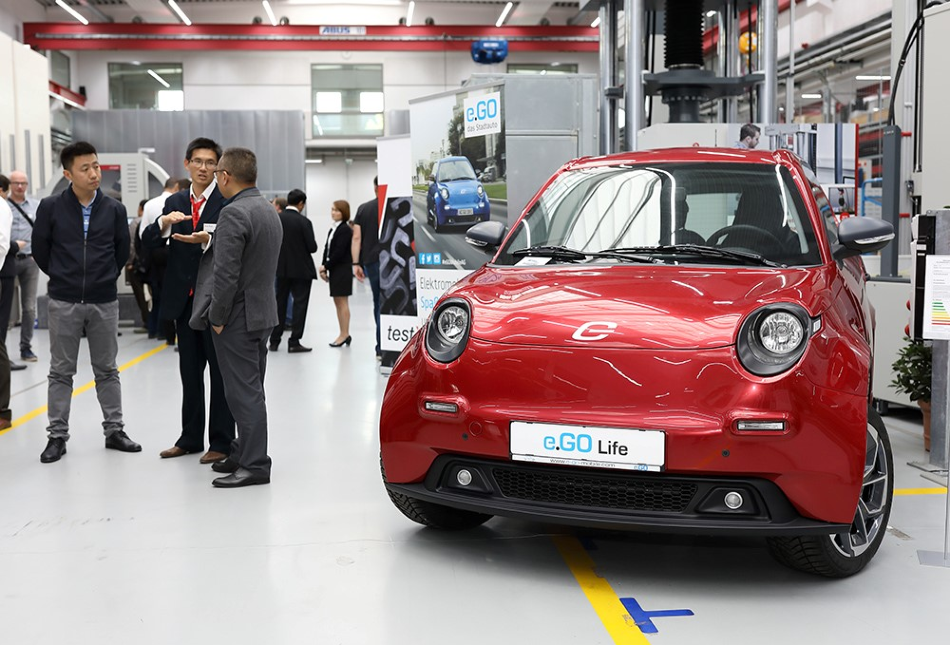Jan 10 2020
As the demand for electric vehicles grows in many markets around the world, battery testing has become crucial to their success. Mechanical testing of lightweight, higher-capacity lithium-ion or Li-blended batteries help manufacturers predict how specific materials will react during production and under real-world conditions. Efficient, intelligent software allows researchers and manufacturers to analyze the data obtained from these results in a meaningful way. For companies with a stake in the eMobility movement, understanding these material properties can make or break the success of their product.
At testXpo – the International Forum for Materials Testing in Ulm, Germany, Aleksander Koprivc, Automotive Industry Manager at ZwickRoell, sat down with Automotive Engineering to discuss the importance of testing in the automotive industry as new trends emerge. Read the full article here.
The all-electric e.Go Life car from e.GO Mobile AG, with a 60 kW electric motor and 21.5 kWh battery, was tested by ZwickRoell equipment.
testXpo – International Forum for Materials Testing will take place October 12 – 15, 2020, at ZwickRoell headquarters in Ulm. Together with 25 co-exhibitors, the ZwickRoell Group will present the latest trends and solutions in quality assurance and materials testing over an exhibition area of over 2,500 m². The exhibited products range from static testing machines, fatigue testing machines, hardness testers, and pendulum impact testers to melt flow indexers. Special exhibit areas are dedicated to extensometers and testing software. For more information, contact [email protected].

The all-electric e.Go Life car from e.GO Mobile AG, with a 60 kW electric motor and 21.5 kWh battery, was tested by ZwickRoell equipment.